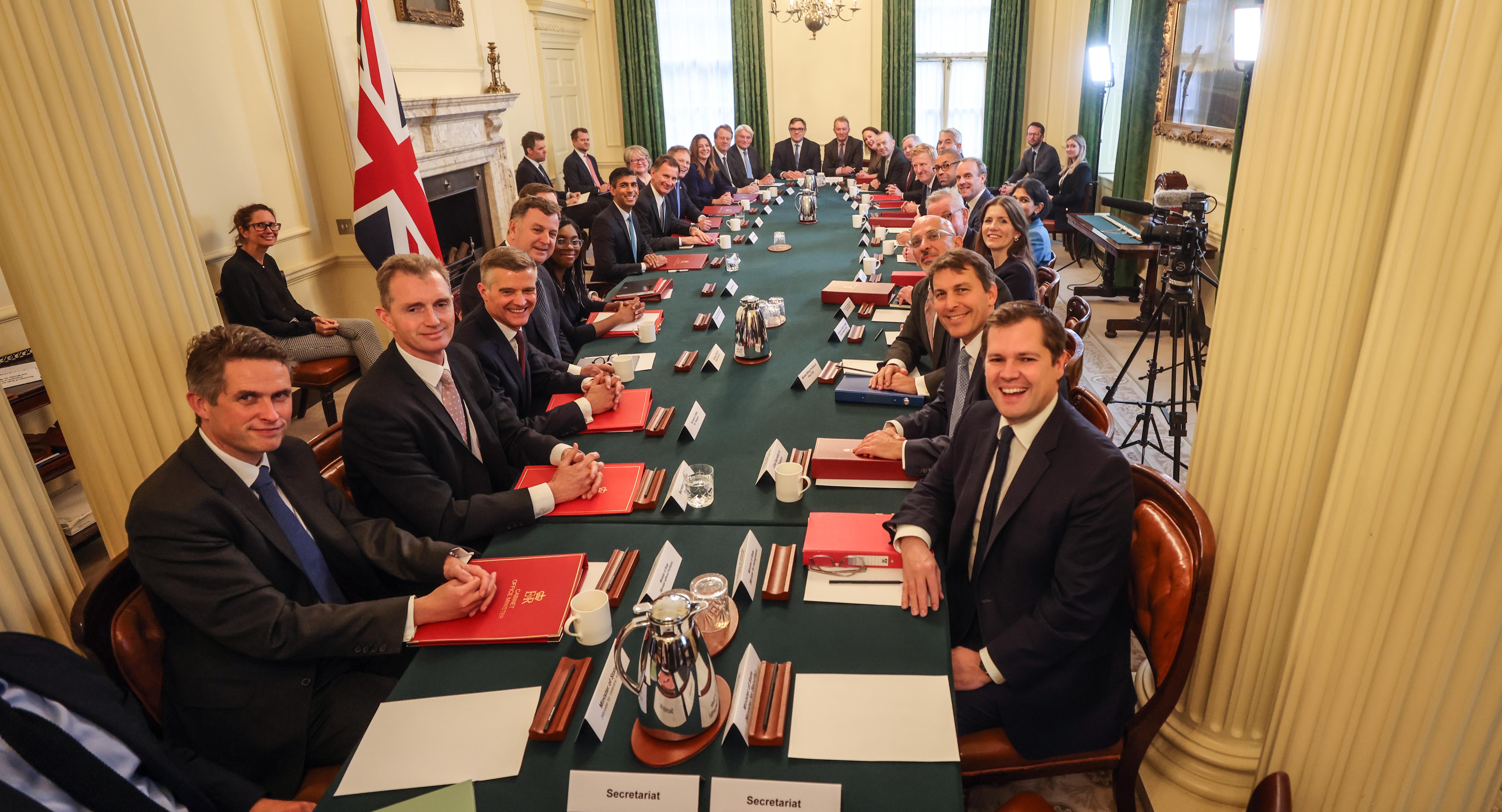Macron-Sunak Summit Leads Off a Difficult "Entente Cordiale"
On 10 March, the first Franco-British summit since 2018 was held in Paris, co-chaired by President Emmanuel Macron and Prime Minister Rishi Sunak. It was intended to demonstrate the will of both countries to renew their strategic partnership, weakened after the UK’s withdrawal from the EU. Despite the cordial atmosphere during the leaders’ press conference, the Franco-British relationship remains a challenge given the differences in the interests of the two countries involved.
_Easy-Resize.com.jpg) POOL / Reuters / Forum
POOL / Reuters / Forum
What were the circumstances of the summit?
The consultations between Macron and Sunak, attended by the French prime minister and the ministers of foreign affairs, interior, defence, economy, energy, environment and transport of both countries, is the culmination of efforts initiated in September 2022 to bring relations between France and Britain closer after several years of Brexit-related disputes. Earlier actions included the participation of then Prime Minister Liz Truss in the summit of the European Political Community, Sunak’s talks with Macron during the COP summit in Egypt, the conclusion of an agreement on the financing by the British side of the French services monitoring the English Channel coast in November last year, as well as the EU-UK agreement on the model of implementation of the border on the island of Ireland (Windsor Framework) in January this year. The process will be symbolically concluded by King Charles III in France during his inaugural foreign trip on 31 March. It will include the first appearance of a British monarch in the Senate.
What were the French expectations of the summit and what was achieved?
France sees the strengthening of cooperation with the United Kingdom, which has military capabilities comparable to those of France, as the foundation of security in Europe and an opportunity for the development of the arms industry. Macron and Sunak reaffirmed the French and British commitments, respectively, under the Lancaster House Treaty (2010) and the Checkers Declaration (1995), and announced increased integration of the French and British armed forces in the areas of intelligence and reconnaissance information exchange and air defence systems. Both countries are also to develop several innovative military-industrial programmes (including FMAN/FMC anti-ship and cruise missiles, long-range precision missiles, and directed-energy weapons) and coordinate efforts to increase the production of existing armaments (including addressing threats to production chains, continued supplies of critical components and materials, and reciprocal market access).
What are the British plans and the degree of implementation?
The key British goal has been to stop irregular crossings of the English Channel (45,000 people last year). This is one of the most inflammatory issues in British domestic politics in the context of the upcoming elections to the House of Commons (most likely in May 2024). Sunak was only partially successful in securing France’s commitment to tighten control of its coast and create new migration centres in return for a grant of £500 million over three years. He failed to persuade France to readmit irregular migrants intercepted by British services. In addition to migration issues, the UK confirmed the continuation of cooperation with EDF on the construction of the nuclear power plants at Hinkley Point and Sizewell, as well as the opening of new energy connections with France and making British high-capacity LNG terminals available for gas imports to the EU. Importantly, both countries have similar energy strategies focused on the development of nuclear power plants and renewables.
What is the future of French-British cooperation?
The divergence of electoral cycles in the two countries poses a challenge. In France, it closed last year, but the UK is entering an extended campaign period. The lack of significant success by France in stopping irregular crossings of the English Channel will frustrate cooperation between the countries, including increasing the pressure on UK legislators to suspend the European Convection of Human Rights in this regard (Illegal Migration Bill 2023). While the Russian invasion of Ukraine has reinforced the need for Franco-British rapprochement, France will find it challenging to reconcile close cooperation with Britain with its European ambitions (e.g., EU strategic autonomy). Greater synergy of both countries’ policies towards the Indo-Pacific region and Africa would also be beneficial. Hence, it will be necessary for France and Britain to consistently “shake positions” in fields where their interests clash (e.g., the armaments sector—in this context, AUKUS, the security agreement between the UK, the U.S., and Australia—research and development, and finance).
What does the summit mean for the EU and for support for Ukraine?
The Franco-British agreement is one of the elements of the policy of detente in British-EU relations implemented by Sunak and in unblocking their cooperation in the energy sector, research, and armaments. The latter is crucial for European support for Ukraine, despite the differences between France and Britain regarding the strategic vision for ending the war and assessing Russia’s position after it. Among others, it was announced that there will be closer coordination of training and arms supply to Ukraine and readiness to provide that country with security guarantees after the end of the current military operations to facilitate its defence and prevent future aggression. The announced strengthening of cooperation between the French and British armed forces also favours the coordination of British, French, and EU sanctions policies against Russia and China.





